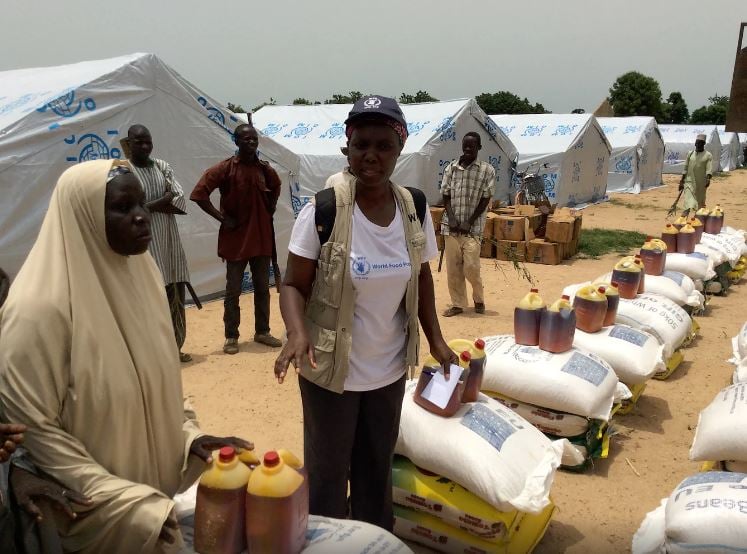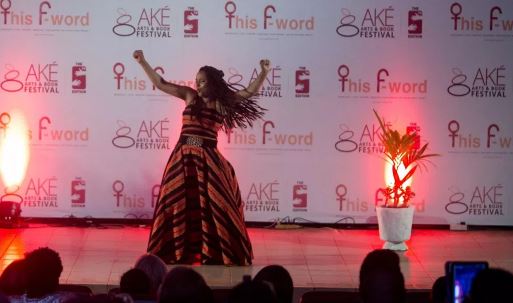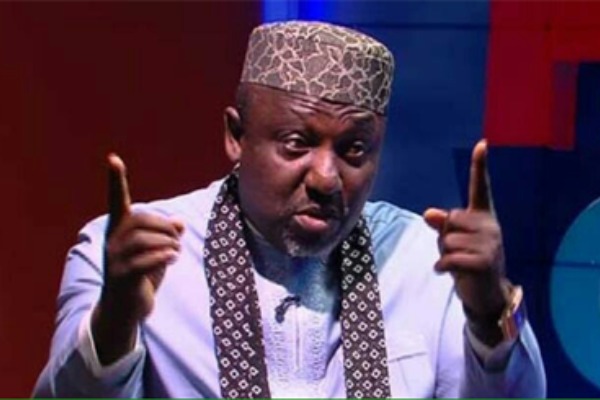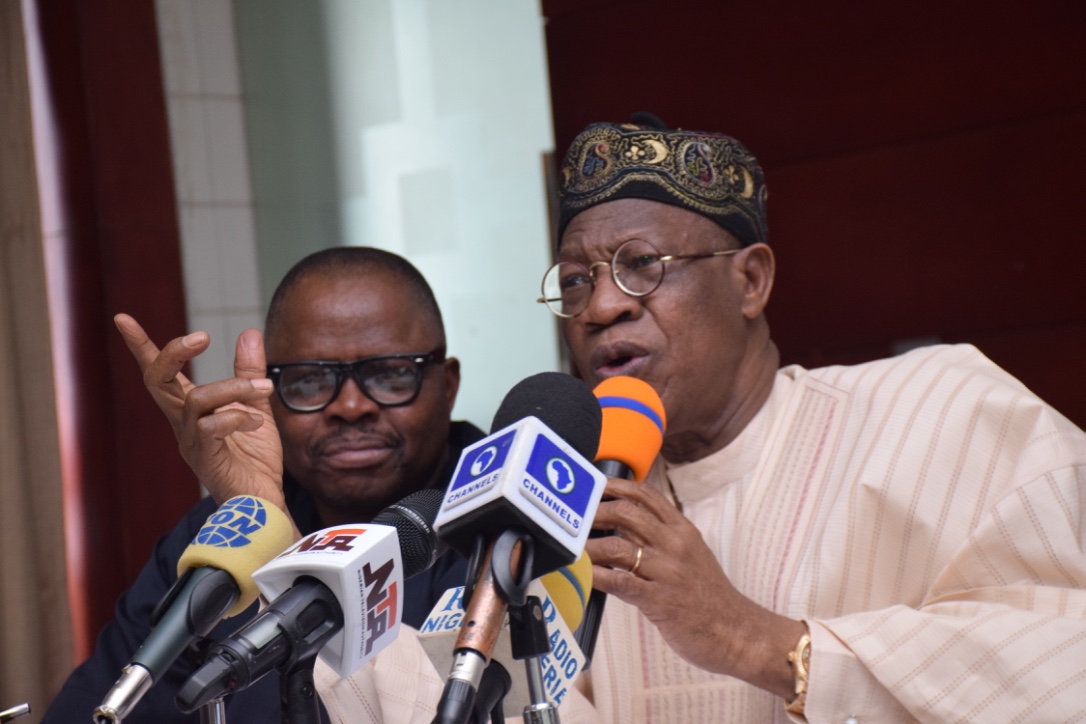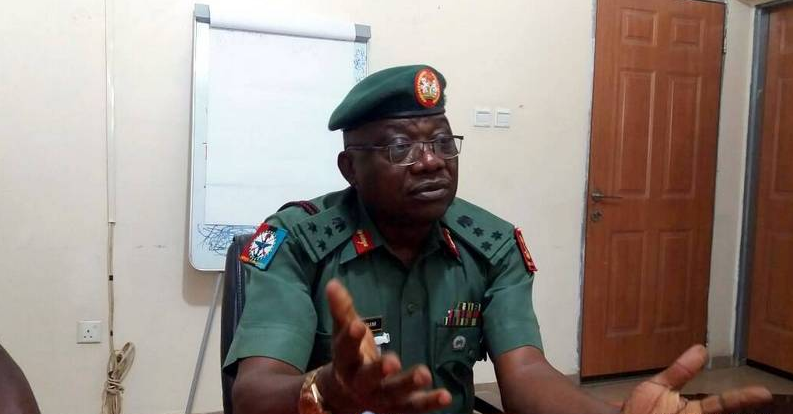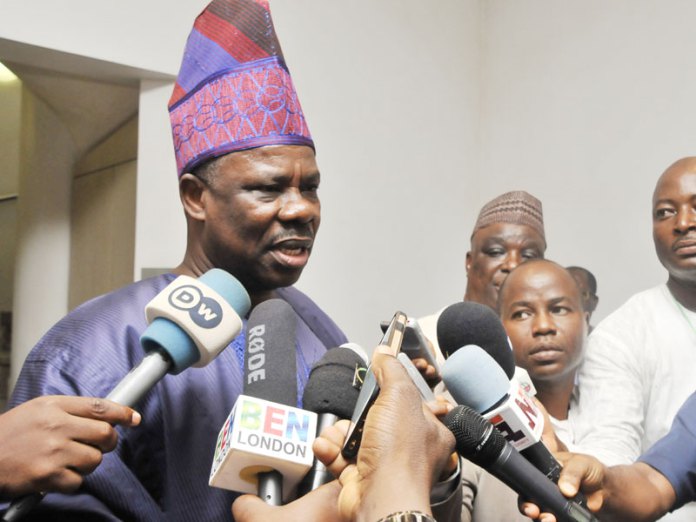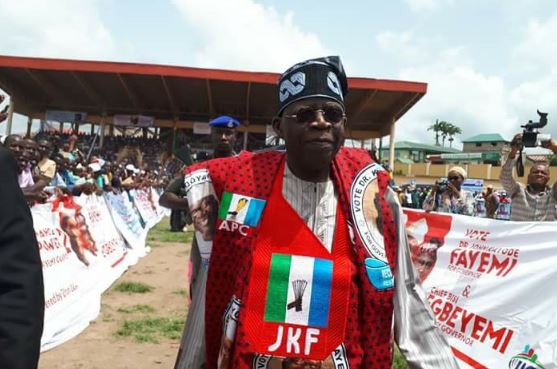A WFP representative with a female IDP
BY CHINEDU ASADU
In September 2015, the global community agreed at a United Nations general meeting to set up the 2030 global agenda as a call to action to end poverty, protect the planet and ensure that all people enjoy peace and prosperity. The 17 global goals otherwise known as the sustainable development goals have a timeline of fifteen years for actualisation, coming into effect on January 1, 2016. But almost three years down the line, there is no doubt Nigeria’s progress on achieving these goals has dragged too slowly, mostly as a result of lack of will and inadequate policies to them on track.
However, experts have posited that social work can aid in the actualisation of these goals. In the early years of the UN, social work was given great significance and support especially through the social commission of The Economic and Social Council (ECOSOC), with many social workers helping in relief efforts in Europe and China, majorly through the UN-Relief and Rehabilitation Agency (UNRAA).
Previous happenings have shown social workers can engineer the SDGs, usually at the state and community level. The various goals bring an interconnected understanding of human needs and concerns that are economic, social and environmental. A more holistic and sustainable way of addressing human need is promoted through tackling poverty, education, health, economy and employment which are all human development concerns.
Advertisement
Between 2012 and 2016, there was a joint commitment from the International Federation of Social Workers, the International Association of Schools of Social Work and the International Council on Social Welfare when they initiated a global agenda. In 2010 at Hong Kong, an extensive consultative process began at a joint conference and this culminated in specific commitments to action. A joint publication entitled ‘The Global Agenda for social work and social development commitment to action’ was developed. The organisations therein agreed to support the UN in the preparation of the post-2015 development agenda and jointly committed to “strive with others for a people-focused global economy that is regulated to protect and promote social justice, human rights and sustainable development”.
They had also undertaken five strategies geared towards the achievement of sustainable development. These strategies include: To promote social and economic equality, to ensure the dignity and worth of the persons, to promote sustainable communities and environmentally sensitive development, to promote well-being through sustainable human relationships, and to ensure an appropriate environment for practice and education. A close look at these agenda proves they are closely knitted with what the SDGs stand for.
Lastly, it has been established that the SDGs and social work values are intertwined. For instance, they both identify with terms such as human dignity, inclusiveness, respect diversity, equality and non-discrimination, empowerment, reliance, resilience, and self-help and realisation of full potential. The also majorly target similar groups – women, children, and youths, persons with disabilities, older persons, indigenous peoples, displaced people, migrants and refugees.
Advertisement
For Nigeria to be able to effectively explore the benefits of social work towards achieving the SDGs, a key point in focus would be the social work professionalisation bill which has been at the national assembly for years running. Signing the bill into law will no doubt give social workers a strategic role to play in advocating for most of the targets of the Agenda 2030, including educating disadvantaged people who lack access to education, help displaced persons become more economically aware and develop the skills to participate and contribute to the economy as well as ensure good health and well-being, zero poverty rate and decent work and economic growth for citizens.
Chinedu Asadu is a senior reporter covering politics and development at TheCable.

